- 1.95K Posts
- 1.55K Comments

 191·1 day ago
191·1 day agoSummer Camp 2025 here we come! /s

 302·5 days ago
302·5 days agoI would take President Dwayne Elizondo Mountain Dew Camacho over Trump though.
He literally broke up a union strike.
Harris who was polling behind Yang right before she dropped out…
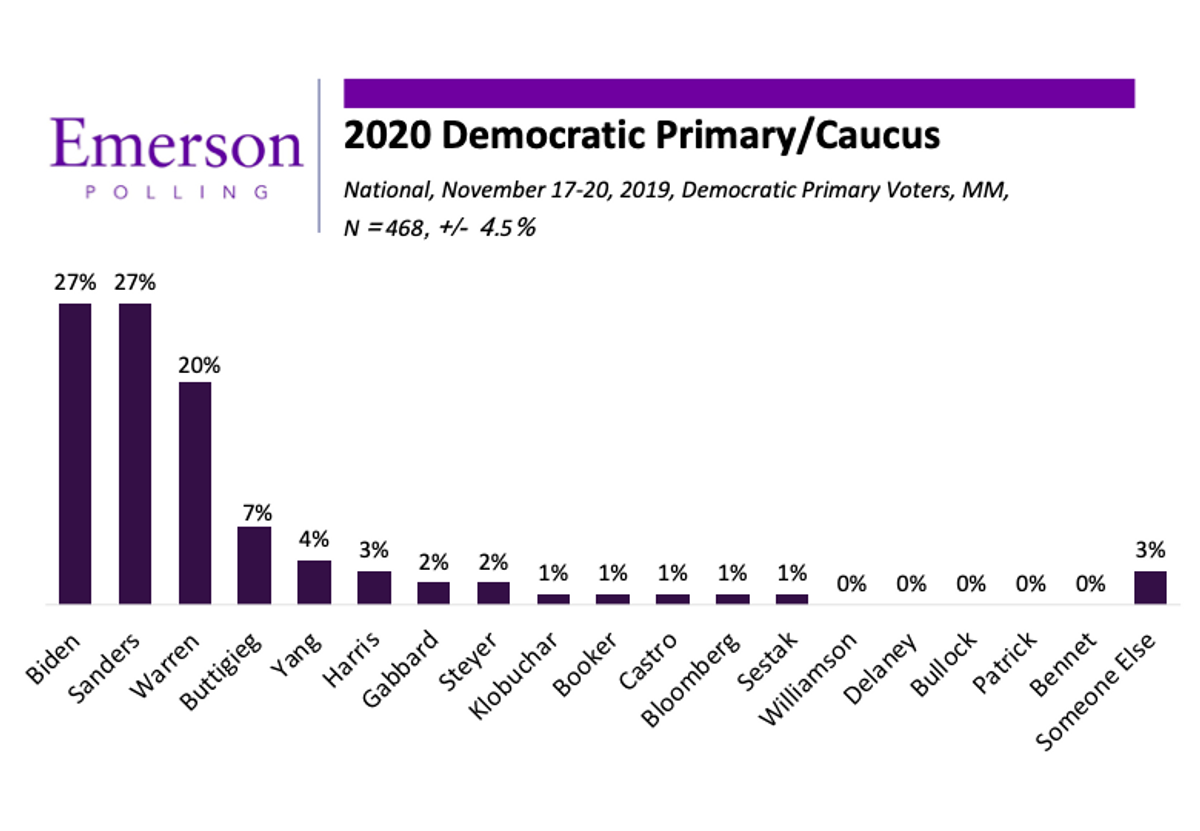

 123·6 days ago
123·6 days agoThe independent share stood at 34% in the latest update of Edison’s exit poll, compared with 34% for Republicans and 32% for Democrats.

 455·6 days ago
455·6 days agoSurely Biden & Co. will stop all money and weapons now, right?
Really nails it.

 172·8 days ago
172·8 days agoShe does have type 1 diabetes but it’s manageable.

 153·9 days ago
153·9 days agoWe must keep his legacy and the movement going. Not me. Us.
While presenting itself as the antidote to a rising fascist tide, establishment liberalism is in denial about the many ways it has been the cause or enabler of that tide.

 34·10 days ago
34·10 days agoI’m used to it by now. You should have seen me on Twitter during the 2016/2020 campaigns. It was rough!

 23·10 days ago
23·10 days agoWelp.

 43·10 days ago
43·10 days agoAnd now? Oof.

 65·10 days ago
65·10 days agoYes.
Dem Insiders Begged Team Harris Not to Campaign With Liz Cheney. “People don’t want to be in a coalition with the devil,” says a Democratic source who was appalled by Harris’ embrace of Dick Cheney

 93·10 days ago
93·10 days agoI was listening to CNN on the commute home tonight and one of the pundits said “The Democratic party needs to shake things up with some younger leadership… There’s a lot of great people in their 50s and 60s in the party that could step up!”
Clown party. They are not serious. Ugh.

 164·10 days ago
164·10 days agoShe was holding out so that Hillary could pick her replacement. Welp…

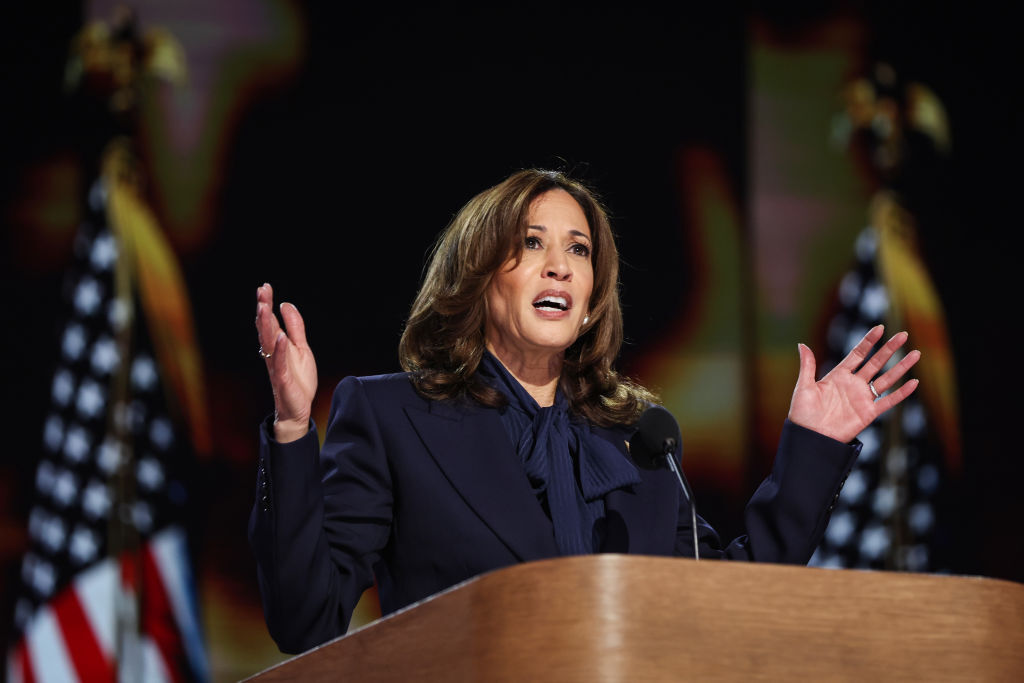
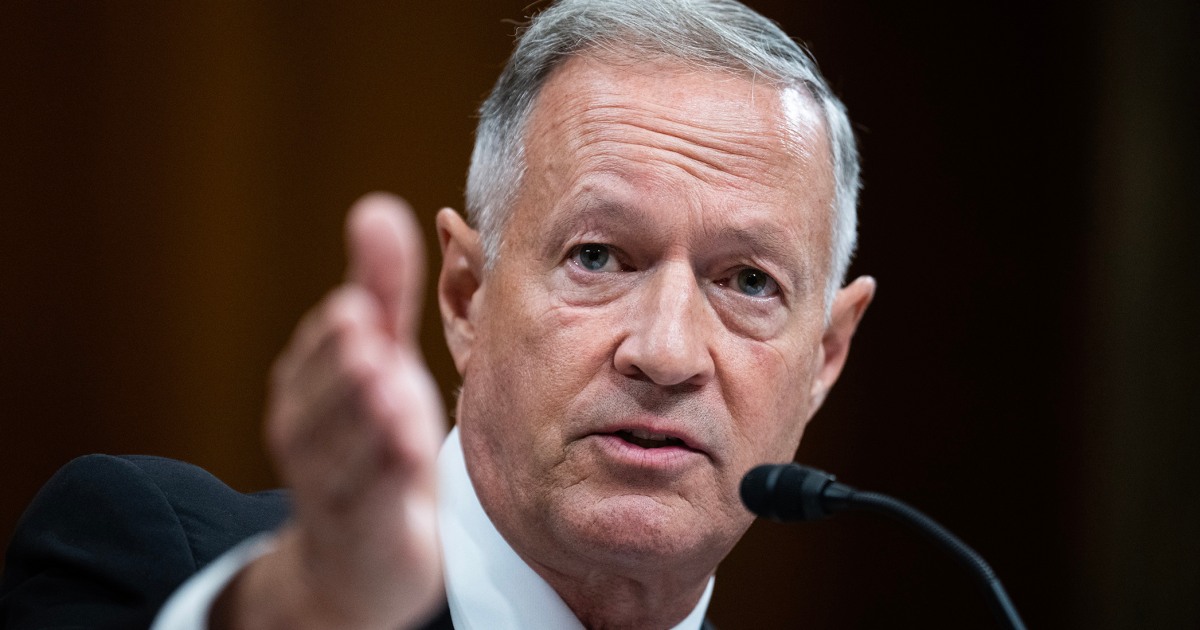



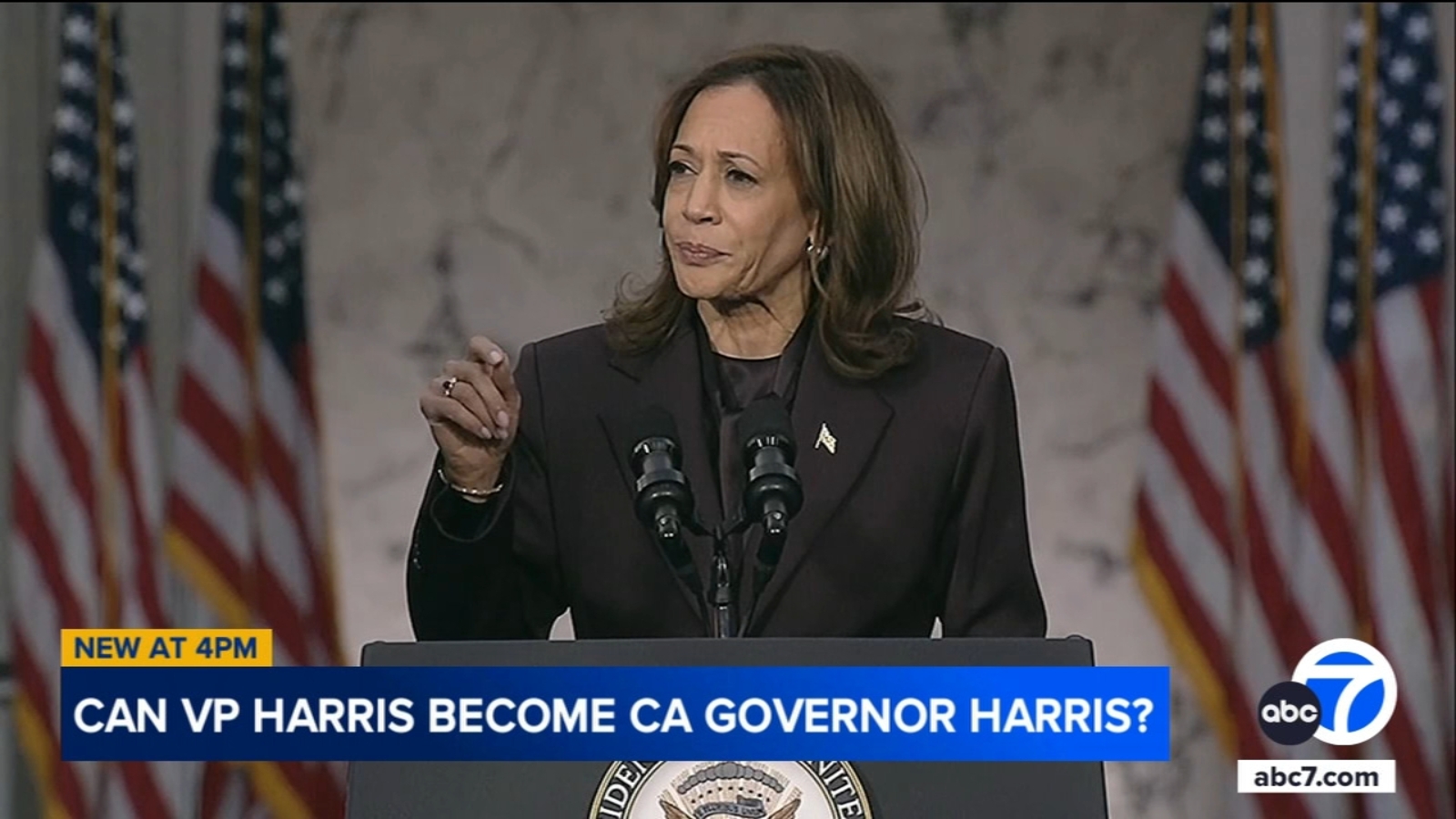
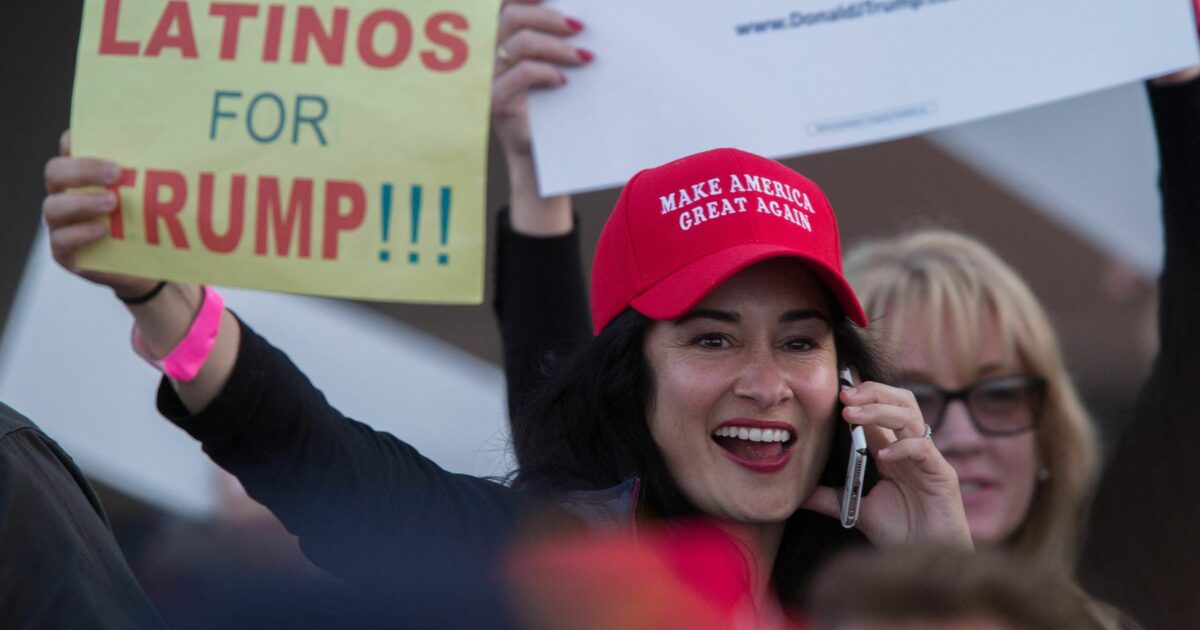
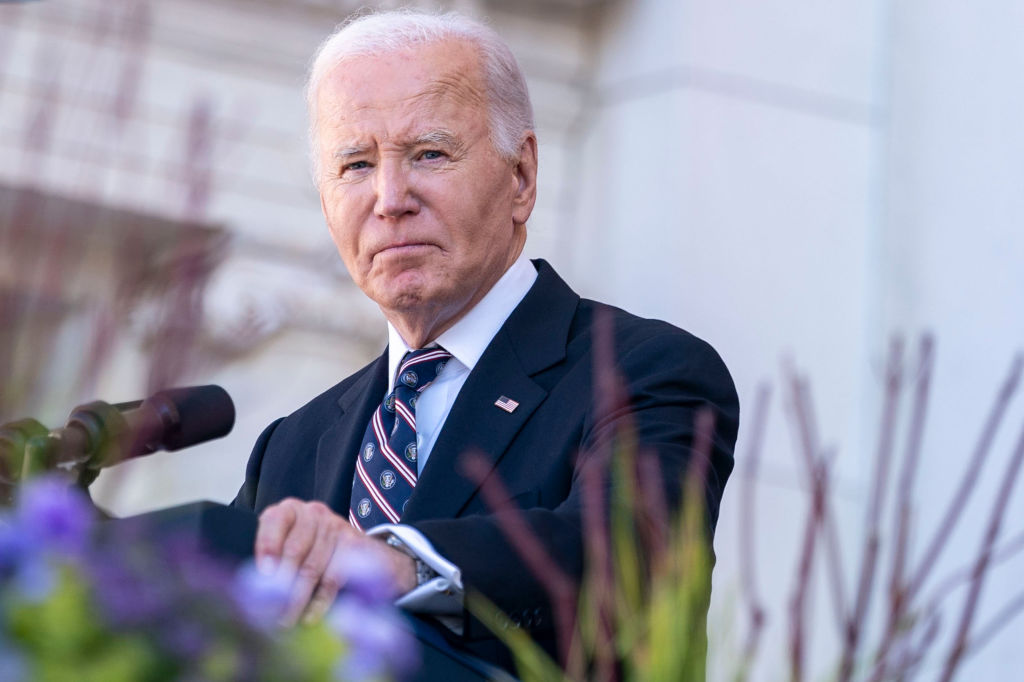
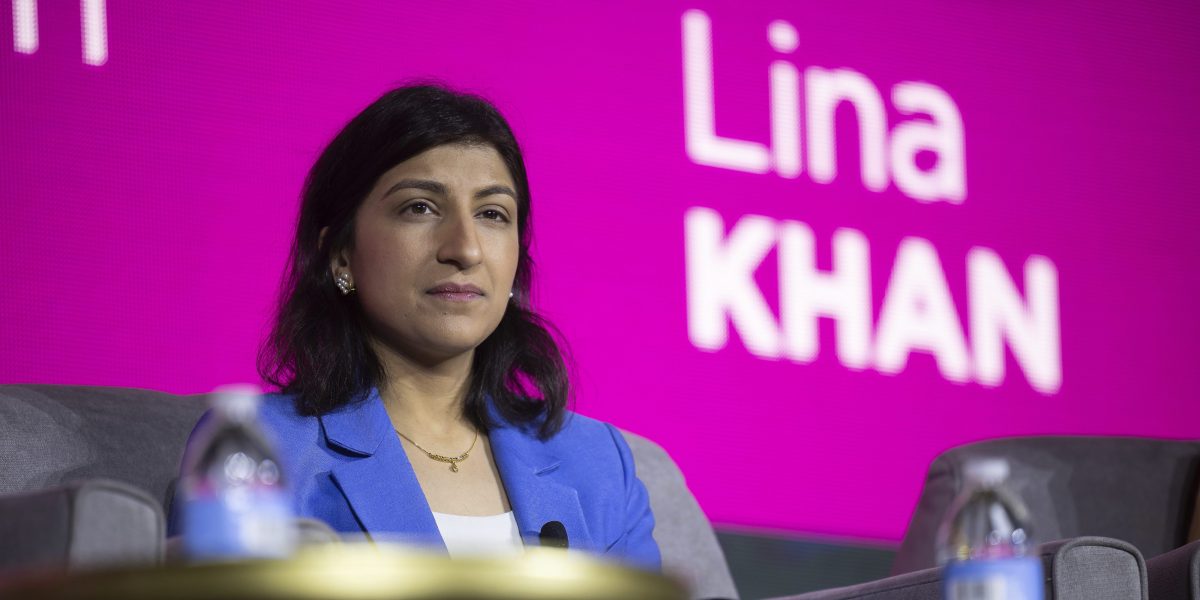
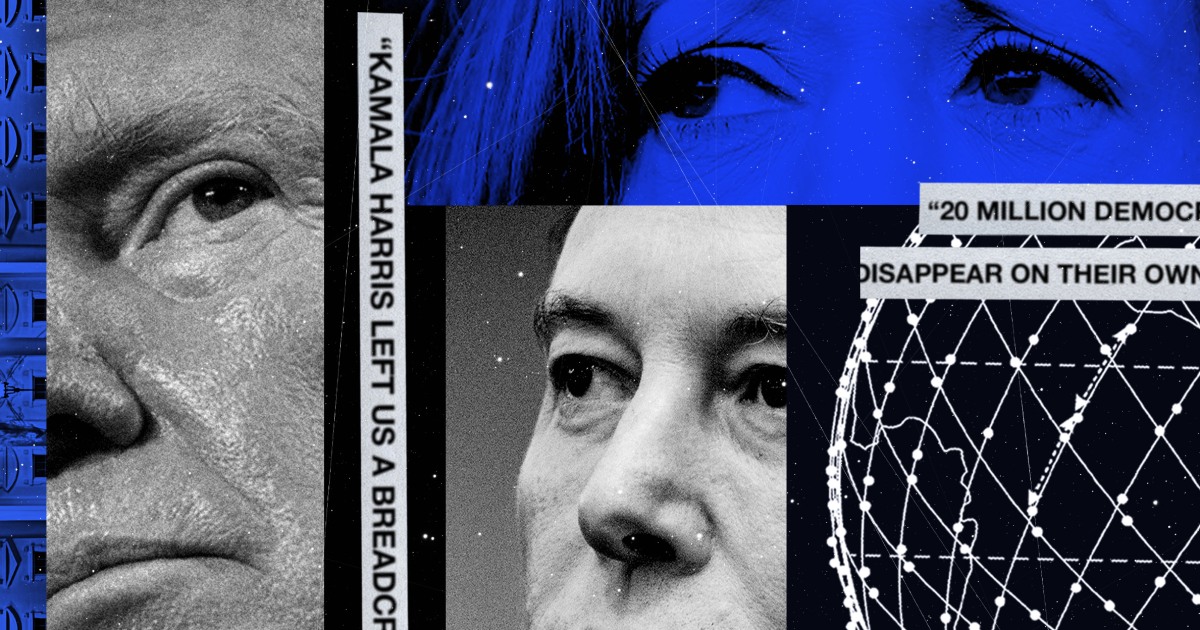
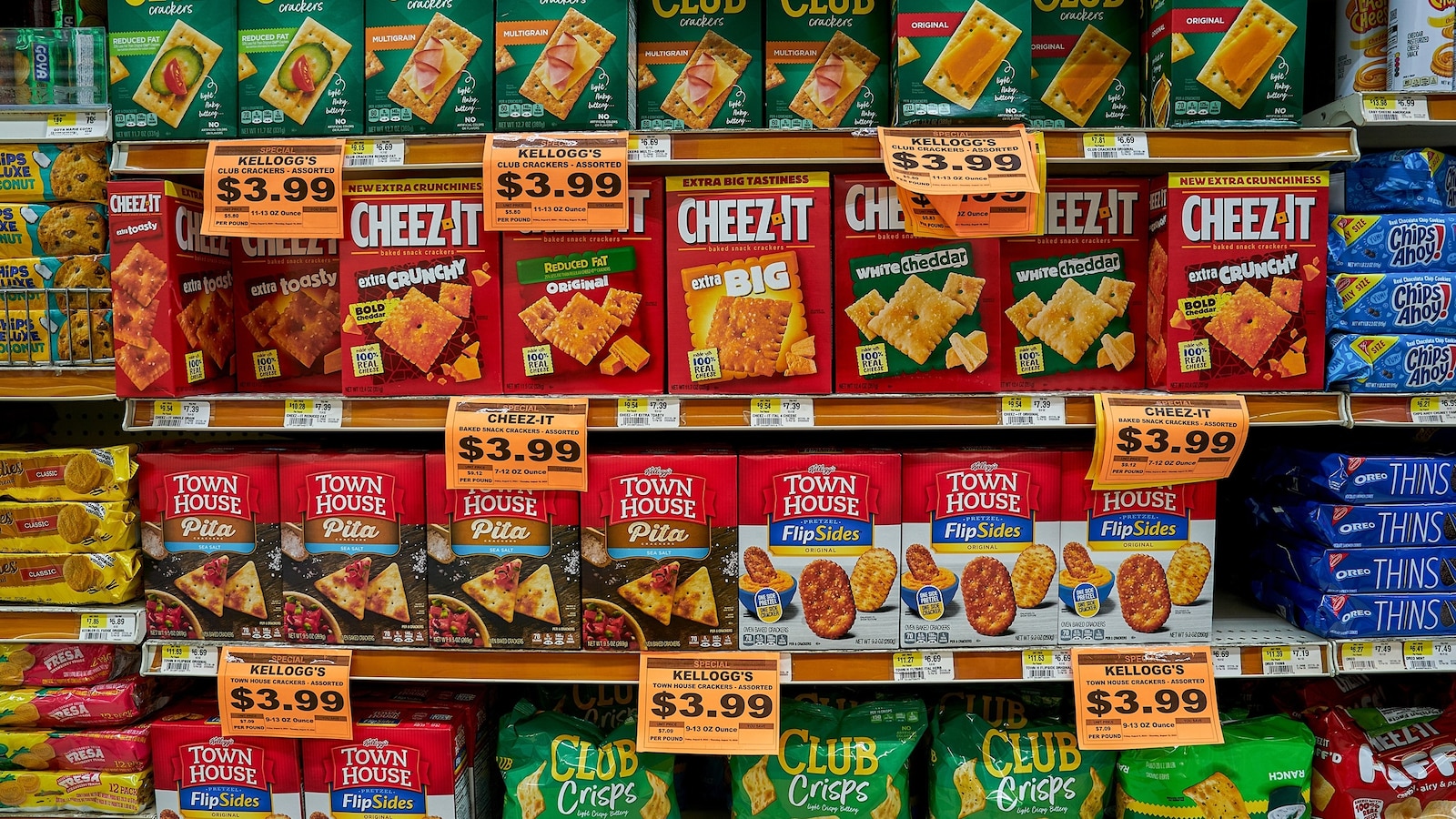
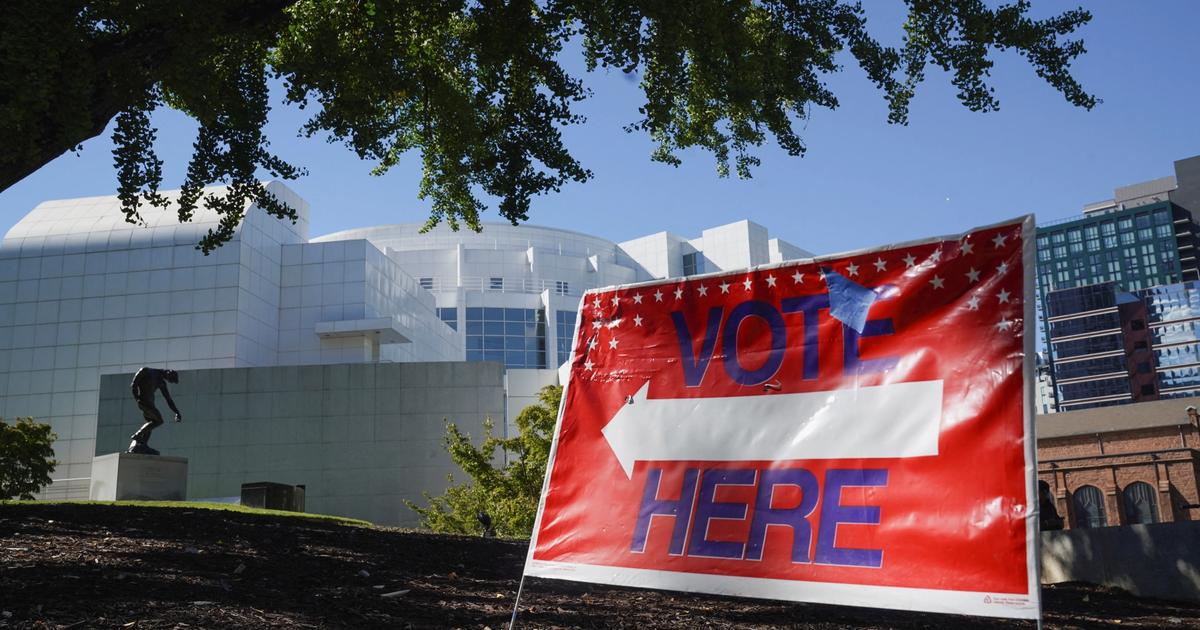
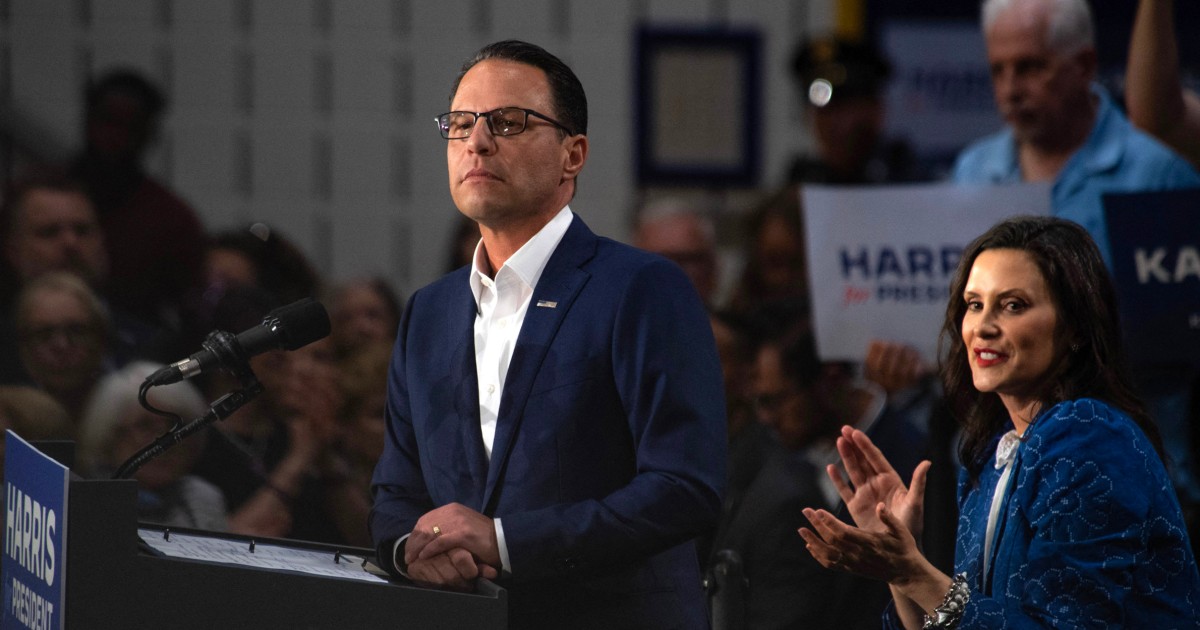
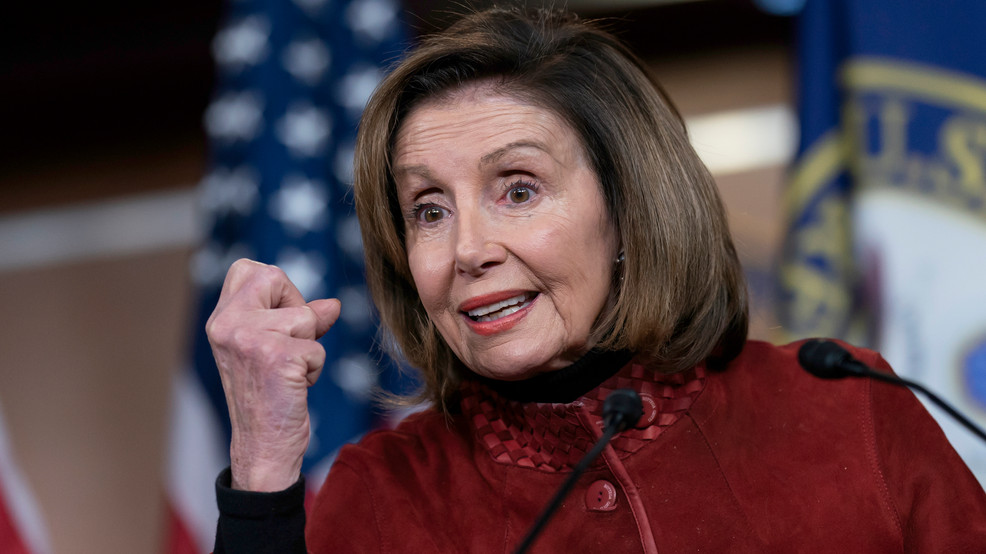
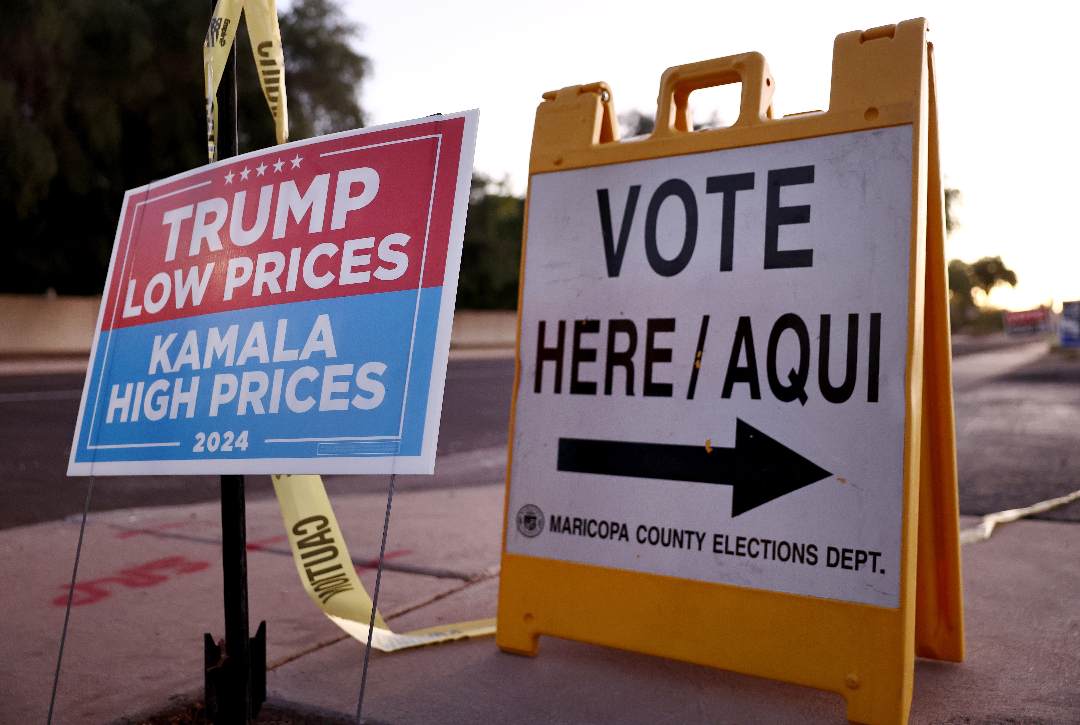
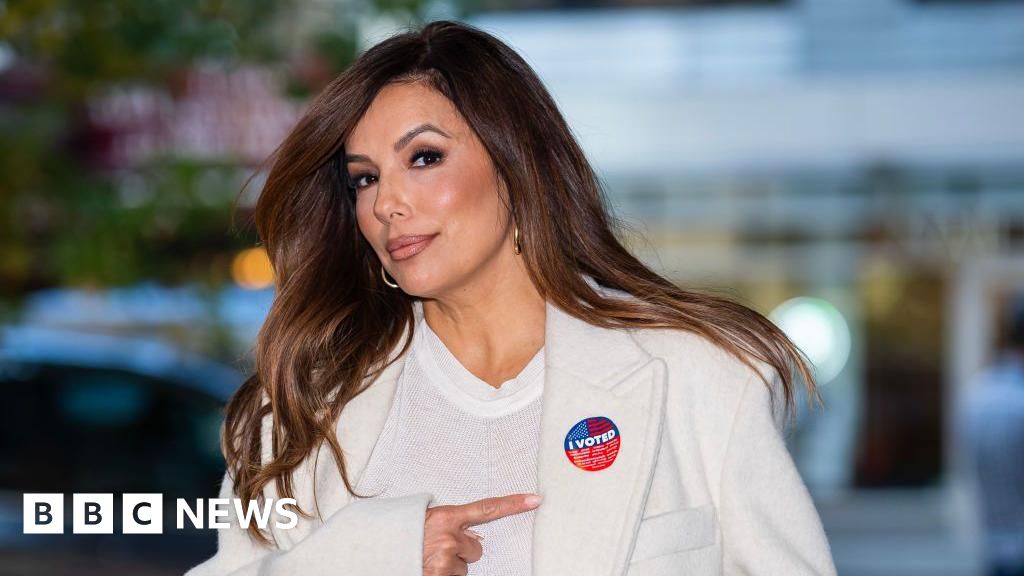
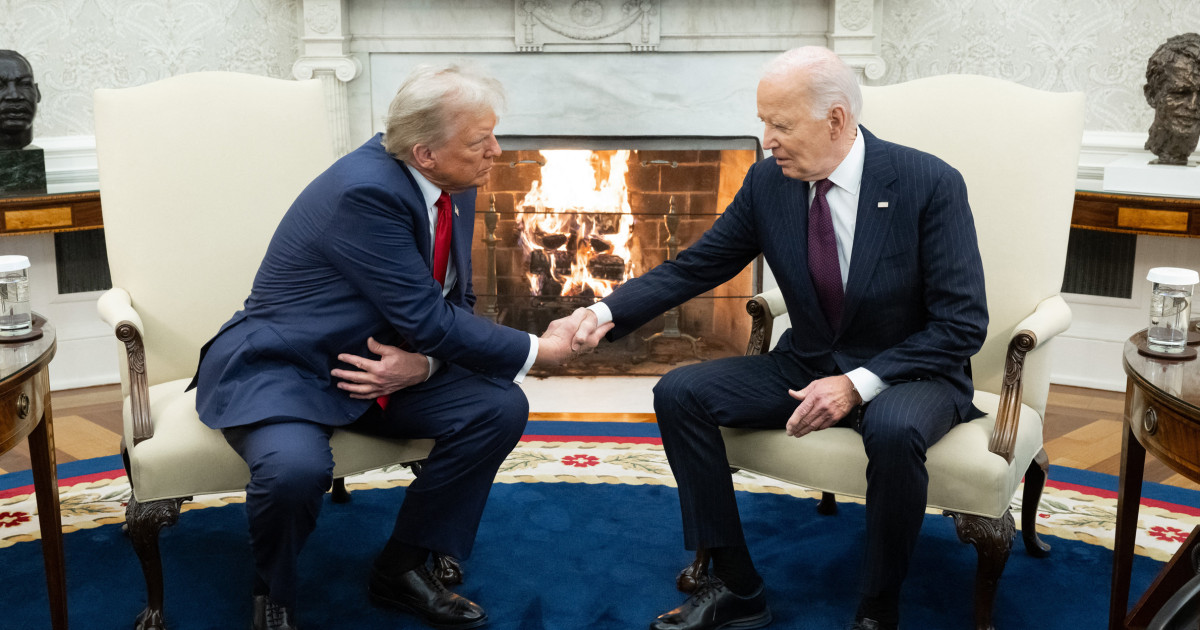
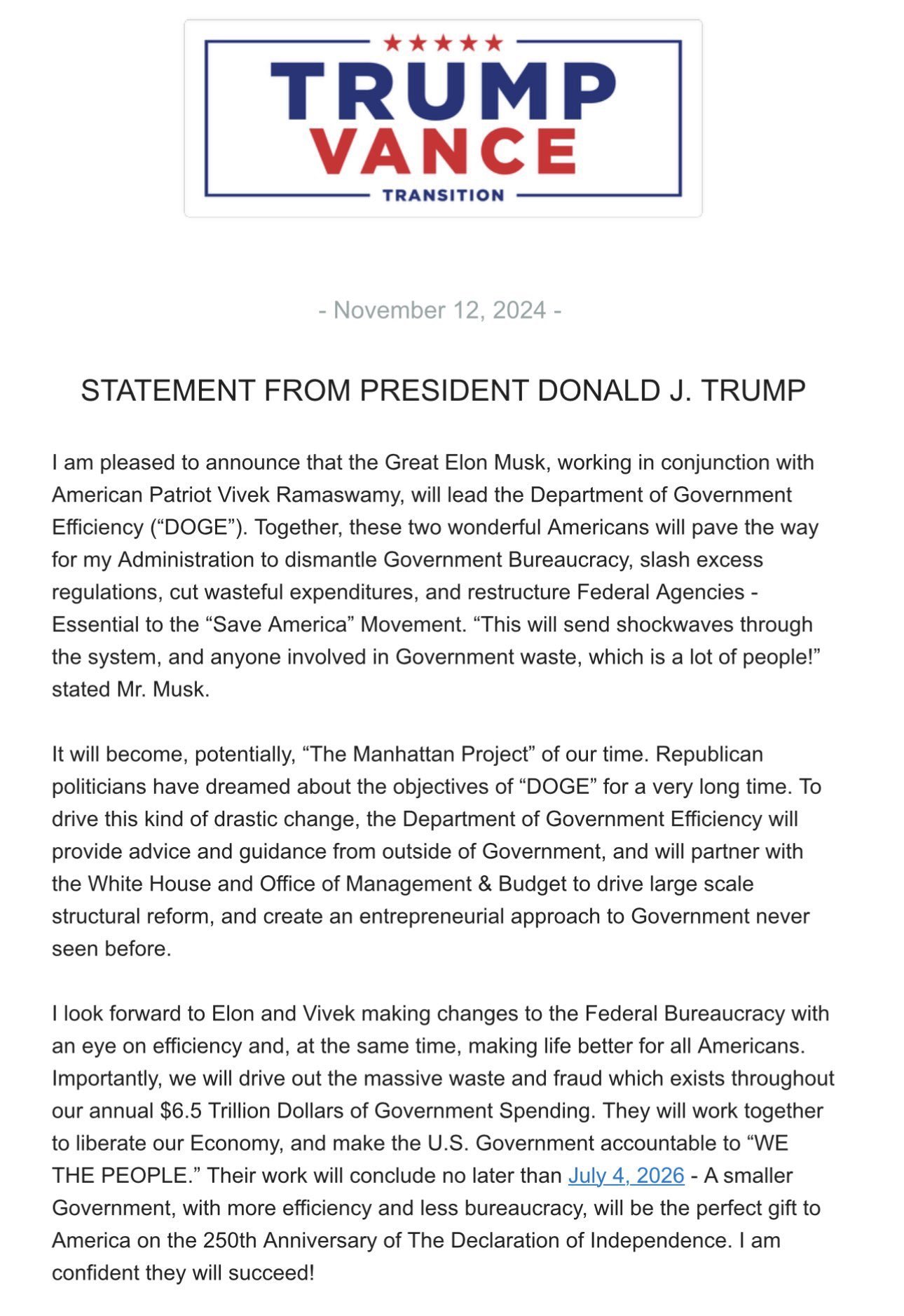
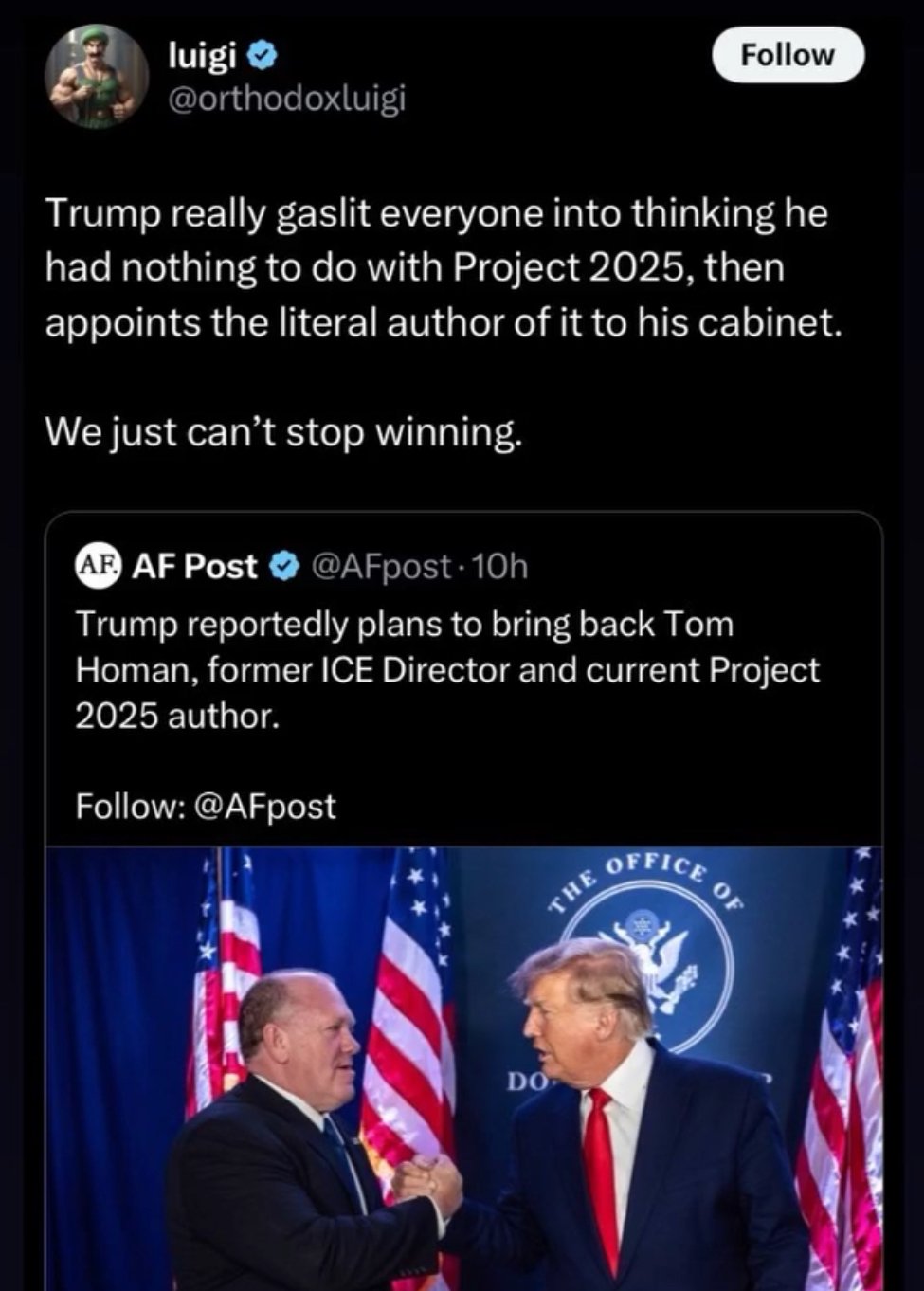
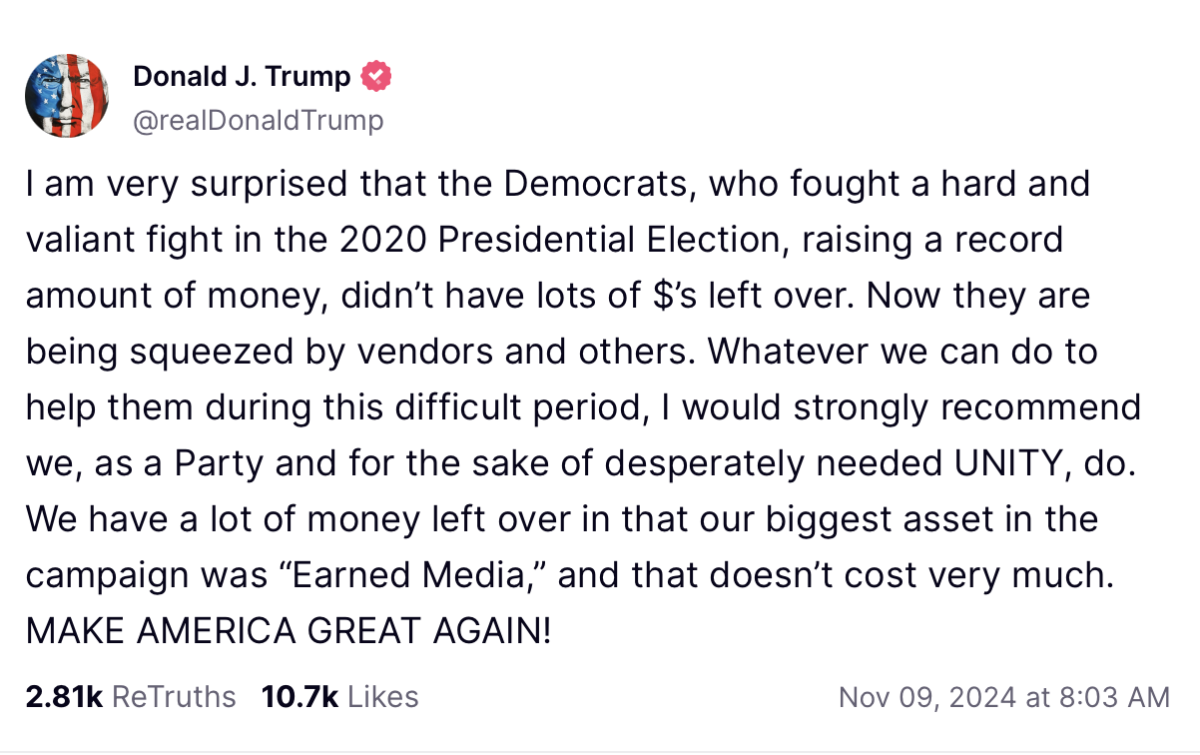
That’s socialism/communism! /s